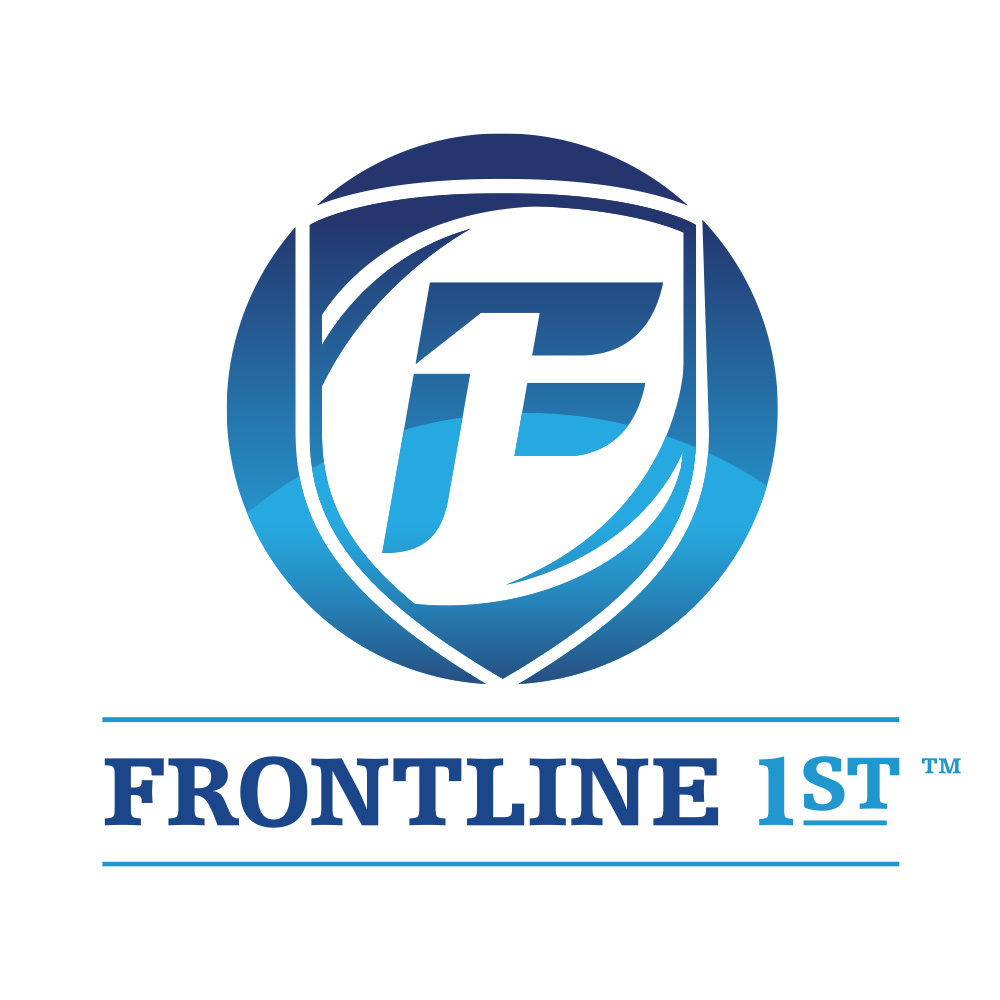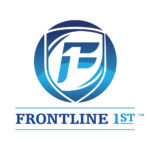In the old “horse-and-buggy days” most sellers despised their CRM. The CRM was primarily viewed as an oversight tool, where sellers were forced to login and capture records for executive revenue forecasting. The process of manually entering this data took away from the seller’s time with customers and offered rudimentary customer analytics in return. Overall, the ROI for a seller was low, but it was a necessary evil to tow the corporate line.
Fast forward to present day, while sellers still resent data entry, most recognize that CRM capabilities are more valuable than ever before. In fact, a recent CRM industry study surveyed over 800 end users and found that 57% perceive their CRM as more important now than five years ago. In part, this shift in perception is the result of firms investing billions of dollars to deliver on their CRM promises to sellers. For years firms have been committing to sellers that if they provide the data, the CRM will deliver customer insights and automation that makes selling easier.
Finally, sellers are starting to see these promises come to fruition. The mass of big data that sellers have submitted to CRMs has been used to fuel the evolution of advanced AI solutions. As these AI models learn and deliver value, the sales community begins to trust them more. Thus, it is no surprise that 80% of 800 end users stated that AI should be their firm’s top priority for maximizing CRM value over the next five years.
Another industry survey dove deeper into this topic by surveying 500 US sales executives on the state of AI in 2023. This cohort stated that the most significant sales benefits of AI are:
-
- The ability to prioritize activities
- Increased efficiency and productivity for sales teams
- Improved lead generation and qualification
While this is interesting, it doesn’t answer how it can be achieved. For the remainder of this article, we will explore how Salesforce AI (branded as “Einstein”) can be utilized to capture these three benefits.
The ability to prioritize activities
Einstein Copilot Studio enables the user to cater the solution for a specific sales role and optimize the prioritization of activities. Einstein Copilot Studio includes Prompt Builder, Skill Builder, & Model Builder. Let’s look at an example to understand how these capabilities empower a sales leader to prioritize activities for her team.
Sue is a seasoned Director of Sales at a major bank. As an AE, she was a top quartile performer for 9 years prior to being promoted to leadership. Sue has a unique sales process that is effective and she has spent most of the last two years training her sellers to adopt it. Her sellers have seen some success using Sue’s process, but Sue feels that they need to do a better job of prioritizing tasks within the process. Specifically: lead follow up, competitor analysis, and offloading service requests.
-
- Lead Follow Up – Sue’s process guides her sellers to follow up within 4 hours when a customer uses the commercial loan calculator on the bank’s website. Unfortunately, she is not seeing this task prioritized. Thus, Sue used Prompt Builder to create a customized message for these clients. The message highlights the key results of the calculator, provides additional commercial lending information to encourage further research, and asks to set a meeting with the seller. With Prompt Builder, Sue is able to build, test, and deploy this prompt. Then Sue trains her sellers on it and incorporates it into their unique selling process.
- Competitor Analysis – Sue continues to investigate how her sales process is being applied and identifies a second gap. Only 10% of her sellers are researching competitors prior to client meetings. Sue uses the Competitor Analysis Skill to help her sellers prepare in a fraction of the time. The Competitor Analysis Skill assesses industry data, sales metrics, and external sources to provide a complete overview of major competitors. Now sellers can digest competitive information rapidly and they are more prepared for client meetings.
- Offload Service Requests – In an executive leadership meeting, Sue hears that a colleague is using Anthropic’s Claude to field service tickets. Sue leverages Model Builder to select the Anthropic AI model. Then Salesforce begins routing small service requests to Claude. This enables sellers to refocus on more value-add tasks.
Sue uses Einstein Copilot Studio to make her unique sales process easier for sellers to adopt. She is automating tasks to guarantee that they are consistently executed and using their outputs to trigger follow-on actions from sellers. In turn, the sellers are more naturally carrying out the process and they don’t feel micromanaged because Sue is not constantly having to follow up with them.
Increased efficiency and productivity for sales teams
Einstein Copilot is an AI driven assistant that helps with daily task execution so that sellers can focus on applying emotional intelligence and building human relationships. This improves sales efficiency because the seller can meet with more clients in a given day. It increases productivity because when the seller makes a human connection trust is built and the buyer wants to purchase more with the seller. Let’s look at an example to understand how Einstein Copilot helps achieve these results.
Greg, an enterprise account executive at a leading telco, starts his day in a rush. There are many fires to put out and he does not have time to conduct account research for an upcoming discovery meeting. He chats with Einstein Copilot, which assesses data across the Salesforce platform and structures it in a clear account summary. This summary includes prior purchases, client tenure, intent data, potential issues/projects, and even some personal notes about the client’s favorite football team, the Cleveland Browns.
-
- Conduct Meeting – Greg starts the discovery meeting by congratulating his client, Bill, on the Browns win last night. They chat about the Browns season and then dive into business. Greg, having read the Einstein Copilot account summary, has intelligent questions ready for Bill. This shows that Greg not only understands the account, but he also comprehends the issue and has a hypothesis for solving it.
- Digest Meeting – During the meeting Greg is so engaged in conversation with Bill that he does not take detailed notes. After the meeting, Greg chats with Einstein Copilot to obtain a meeting summary. Einstein Copilot provides a summary that includes the purpose, next steps, and roadblocks they need to work through together.
- Follow Up – Einstein Copilot provides a draft follow-up email for Greg to send to Bill. The email matches the tone, style, and context of the conversation that was just conducted. Greg wordsmiths the email to add his own personality and fires the email off to Bill. Bill is impressed by his proactive nature and attention to detail.
Notice that Greg is not being replaced by Einstein Copilot, he is being supplemented by it. Greg is adding a human element at every step in the customer journey and that is the real power of Einstein Copilot + Greg.
Improved lead generation and qualification
Einstein is threaded throughout sales and marketing capabilities in Salesforce. Thus, a 300 page book could be written about how Einstein improves lead generation and qualification. With that said, let’s focus on Einstein Key Account Identification, Einstein Behavior Scoring, and Einstein Content Selection. Here is an example of how these capabilities produce lead volume and vet leads.
Dan, a busy account executive at an innovative fintech firm, is selling a disruptive product that lowers international currency exchange costs. He is aiming to fill his pipeline with large international professional services firms that have employees traveling around the globe every day.
-
- Target Key Accounts – Dan uses Einstein Key Accounts Identification to build an account list. Einstein assesses a large TAM of global accounts derived from Salesforce + ZoomInfo, then splits them into tiers. Tier A accounts are the best fit for Dan’s target market and the most likely to convert in the next 6 months. Einstein calculates likelihood to convert by taking an account and comparing it to every other account in the TAM. Comparison factors include target market fit, engagement data, and public intent data. Dan assesses the list, focuses on Tier A accounts, and begins to research individual prospects within Tier A accounts.
- Target Key Prospects – Dan uses Einstein Behavior Scoring to identify which prospects to focus on. Einstein compares each prospect to every prospect in Salesforce then assigns a 0 – 100 score to the prospect based on likelihood to buy. Comparison factors include the frequency of engagement across channels and time between engagement activities. Dan analyzes the list and focuses on prospects with scores above 90 that are in his Tier A accounts.
- Prospect Outreach – Dan uses Einstein Content Selection to build an email campaign and engage his target prospects. Dan has conversations with similar target prospects every day and he knows what blog topics they are most interested in. He uploads the most relevant blog posts to the Einstein content pool and categorizes them using Asset Classes. He also defines each blog post using Asset Attributes and he defines each prospect using Profile Attributes. To ensure the right prospects receive the right content, Dan configures Einstein Content Selection Rules. Finally, Dan crafts his email and adds the Einstein Content Selection block.
- Prospect Engagement – When the prospect opens the email, Einstein searches the content pool and displays the content that is most likely to be clicked on in that exact moment. Note that Einstein does not pre-display the content when Dan sends the email. Dan’s client might be busy or on vacation. The client may open the email two weeks after it is sent and without Einstein they would see stale content. To achieve this relevance, Einstein uses Dan’s inputs and broader data sets to determine what similar prospects are reading that day.
Dan uses Einstein to hunt in the right pool and improve lead qualification at the top of the funnel. He also improves lead volume by putting the right content in front of the right prospect at the right time. Thus, Einstein empowers Dan to focus and deliver real value to his prospects.
Key Takeaways
-
- Recent research shows that most sellers perceive their CRM as more important now than five years ago.
- Most sales leaders believe that the three most significant sales benefits of AI are:
-
- The ability to prioritize activities
- Increased efficiency and productivity for sales teams
- Improved lead generation and qualification
-
- Salesforce Einstein can be applied to realize all three of the most desired benefits.











